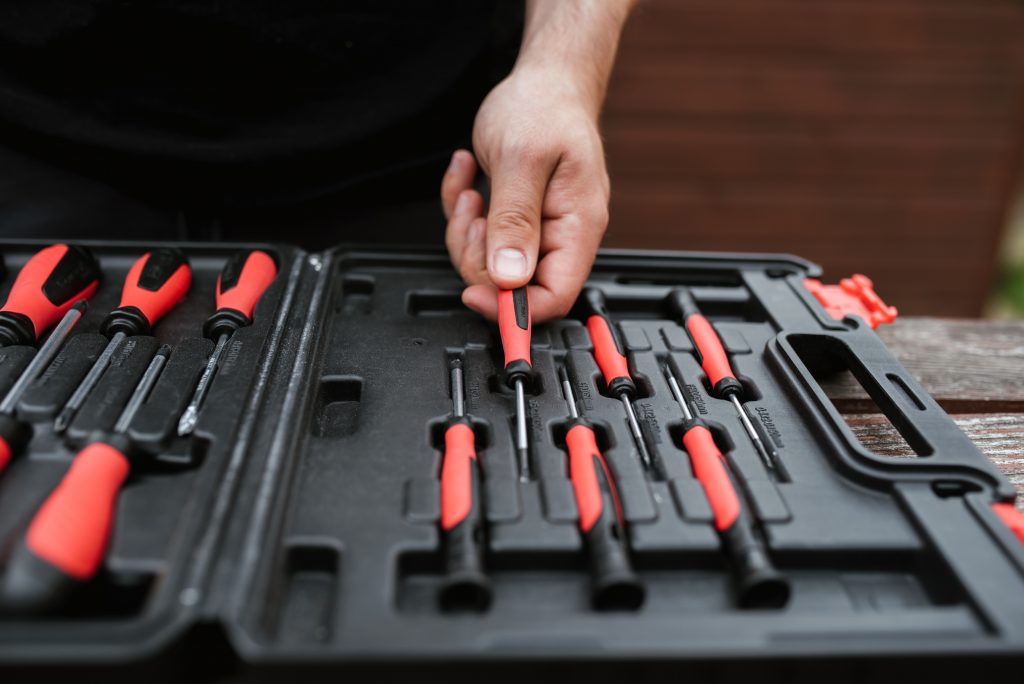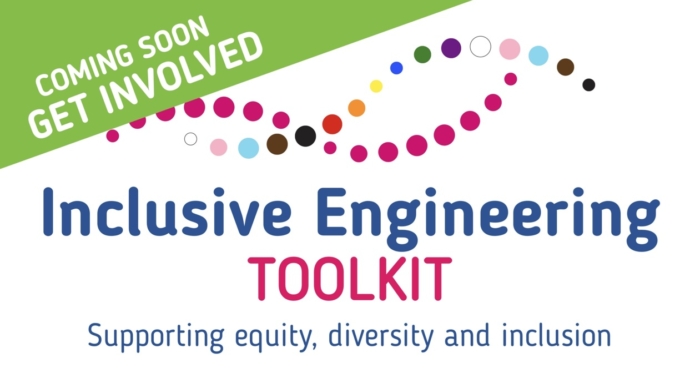People rarely choose engineering because of their communication skills, but that doesn’t mean they’re not a vital part of the tool box. Professor Lucy Rogers explains.
Do you remember what made you choose your career? I liked maths and physics, logic and problem-solving. Engineering was an obvious choice.
To me, a spade was a spade. I wasn’t very good at picking up on the social skills that seemed to come naturally to many. I wanted to know how machines worked, not how people worked. I disliked parties and mingling with those I didn’t know. The “no seminars discussing the deeper meaning of a poem” and the “no essays giving your opinion on a character’s thought processes” also made engineering more appealing.
Job descriptions led me to believe that if I put my head down, did the work and wrote a report about it, then I would be rewarded and acknowledged for my efforts.
I was wrong.
As a young graduate engineer, I noticed that I wasn’t getting acknowledged for my efforts. People didn’t quite seem to understand what I was saying. I wasn’t getting the exciting opportunities.
I remember one day my boss’s boss bumping into me on the shop floor. He was tall, fizzing with energy and wearing very polished, non-PPE black shoes. He asked what I was doing.
My brain exploded. What should I say? That I was actually on my way to the toilet? No, not that. I could tell him about the experiments, the reports, the meetings, the good the bad … and as I stumbled and mumbled and muttered my way through a very incoherent explanation, I could see his eyes glaze over – and he rushed off on his way. I never got to speak to him again.
I realised communication was a critical skill for an engineer.
Why think if we can’t share our thoughts?
Why work on small projects when, if we work together, we can work on the bigger ones?
Why have the best idea in the world, if the world won’t listen to us?
Over the last twenty years I have sought out opportunities to learn and improve my communication skills – from public speaking and storytelling to cartooning and stand-up comedy.
These improvements helped me become a Fellow of the Royal Academy of Engineering and of the IMechE. And they also led to other opportunities – such as being a BBC TV judge on Robot Wars and to becoming a RAEng Visiting Professor of Engineering: Communication and Creativity at Brunel University, London.
As an independent innovation consultant, and as a Visiting Professor, I have seen many presentations and read many reports. I have seen why the public’s perception of engineers is that we’re not great at communicating. This is also confirmed in industry – with the IET’s Skills survey saying that they find it difficult to find people with good technical AND communication skills.
I am pleased to see that the Engineering Council’s AHEP 4 has strengthened its commitment to communication skills, by adding in:
“M17: Communicate effectively on complex engineering matters with technical and non-technical audiences, evaluating the effectiveness of the methods used.”
“M16: Function effectively as an individual, and as a member or leader of a team. Evaluate effectiveness of own and team performance.”
Communication, is just a skill. Sadly, it is not rocket science – as I am sure, if it were, that would appeal more to many of us.
As engineers, we know we can learn technical skills.
Communication is just the operating system for humans.
We can learn that.
We have to learn that.
Over my engineering career, I have come up with three main principles with regards to communication skills:
Visibility
If you are not seen or heard, your work will not be seen or heard.
Clarity
Share your knowledge clearly and be succinct. Tell your audience only what they need to hear.
Insight
Understand what your audience needs to know by listening and using feedback.
Focus on these and…
When we speak, they will listen.
When we explain, they will understand.
And when we motivate, they will be inspired.
Prof Lucy Rogers PhD CEng FREng FIMechE (@DrLucyRogers) is an independent innovation consultant and RAEng Visiting Professor at Brunel University, London. She has distilled her communications knowledge into online, self-guided courses that she is licensing to universities to assist with the new AHEP4 rules. More details at www.comscourses.com or contact her at support@comscourses.com




